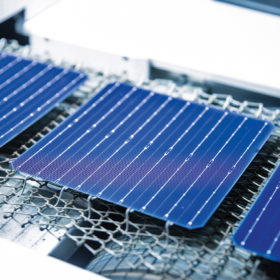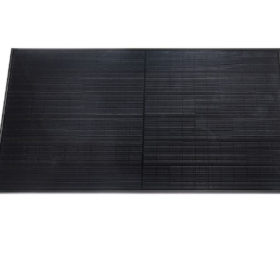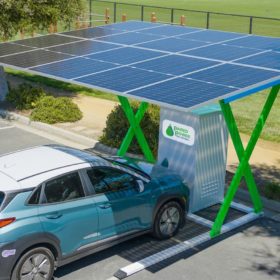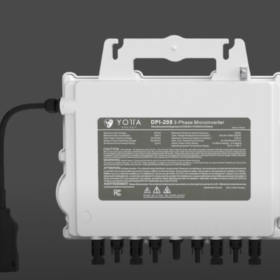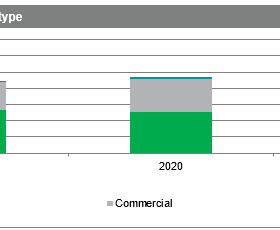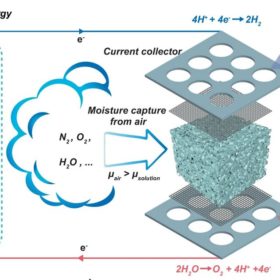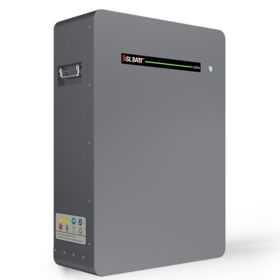The long read: Integrated solar manufacturing giants emerge
The giants of the Chinese PV industry are now integrated along both ends of the supply chain, amid expectations for strong demand and price volatility. Module makers are adding polysilicon capacity, while poly and wafer producers are making module production a part of their business. But do companies still face the same risks that have brought down vertically integrated solar giants in the past? Vincent Shaw reports from Shanghai.
Panasonic presents 22.2% efficient all-black heterojunction solar module compatible with its Evervolt battery
The new module series has a power output ranging from 420 to 430 W, a temperature coefficient of -0.26% per degree Celsius, and an efficiency of up to 22.2%.
Hydrogen to play limited role in building energy supply
How much hydrogen is actually needed? Several German research institutes have examined 40 energy scenarios for hydrogen ramp-up and found that 15 million GWh of hydrogen will be needed worldwide by 2050.
US startup unveils 5 kW solar canopy for EV charging
Paired Power said its new 5 kW solar canopy measures 3.2 meters x 5.2 meters x 3.7 meters and can host up to 10 bifacial solar panels. It can be used in on-grid or off-grid modes and can be paired with lithium-ion battery storage systems up to 40 kWh in size.
Solar PV employed around 3.4 million people in 2021
Almost half of the workers were employed in China, around 280,000 in North America, over 260,000 in Europe, and some 50,000 in Africa, according to a new report by the International Energy Agency (IEA). The vast majority of workers were employed in manufacturing and installation of new capacity, with solar jobs paying lower wage premiums than the nuclear, oil, and gas industries.
Agrivoltaics for arable crops
French developer TSE has commissioned its first agrivoltaic pilot project in northeastern France. The 2.4 MW installation spans 3 hectares and is installed on arable land devoted to the cultivation of soya, wheat, rye, barley, and rapeseed.
Yotta Energy unveils new 3-phase microinverters
US manufacturer Yotta Energy said that its two new microinverters are compatible with up to four high-power PV modules. They have a peak efficiency of 96.5% and a nominal maximum power point tracking (MPPT) efficiency of 99.5%.
Shipments of module-level power electronics could hit 100 GW by 2026
IHS Markit said it expects the United States, Germany, and the Netherlands to be the top three markets for cumulative shipments of module-level power electronics in the 2022-26 period. Cumulative shipments are set to hit almost 100 GW by 2026.
PV-powered direct air electrolysis module to produce hydrogen from moisture in air
Scientists in Australia have developed a new way to produce hydrogen using water from the atmosphere. They claim their new module can ensure stable performance and provide green hydrogen for remote areas.
Bslbatt unveils 10.24 kWh battery for residential PV
China’s Bslbatt said its new battery has a rated capacity of 200 Ah. The product comes with a 10-year warranty and can reportedly provide steady operation for up to 6,000 charge cycles.
